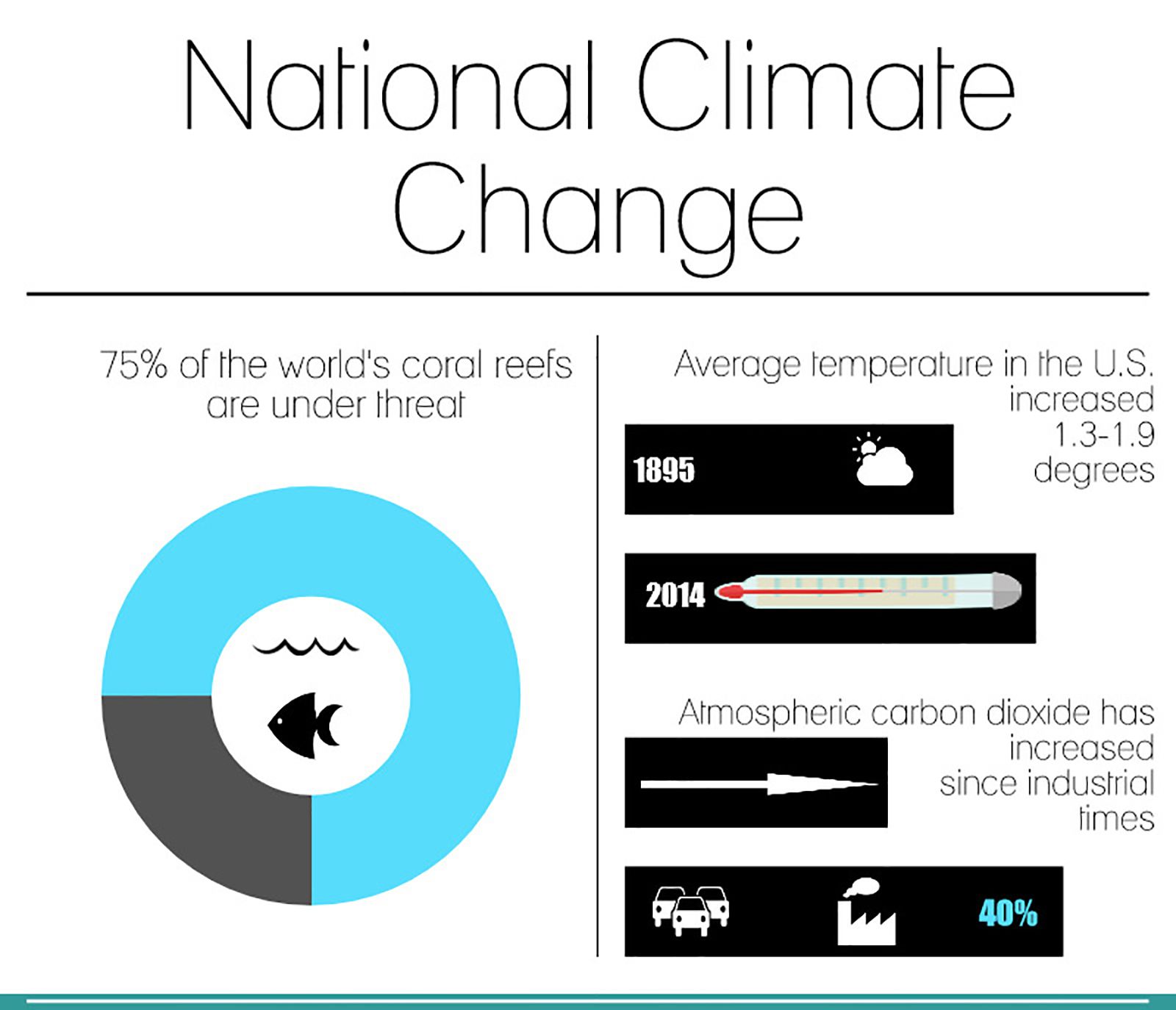Although scientists have long been studying the impacts of rising temperatures on Earth and attempting to make words like “climate change” and “global warming” part of the United States vocabulary, many are still left wondering what exactly can be done in response to these issues.
“The U.S. has got a lot of extraordinary science, but it hasn’t had a systematic set of indicators of impacts and response strategies,” said Anthony Janetos, director of the Boston University’s Frederick S. Pardee Center for the Study of the Longer-Range Future. “Climate change is one of those public issues in which there is a tremendous amount of noise. It’s a subject on which there really is no serious scientific debate over the basic facts of what’s going on. That’s often lost in a lot of these discussions.”
On the two-year anniversary of Hurricane Sandy on Wednesday, Boston Mayor Martin Walsh proposed one possible response to these issues in the form of a regional summit on climate change to take place next spring at the University of Massachusetts Boston. The summit will attempt to coordinate a joint approach for communities along the Atlantic Ocean to combat rising sea levels and increasingly violent storms associated with climate change.

A proactive solution, Janetos said, lies in the 2014 National Climate Assessment Report, which functions as a national climate indicator system through the U.S. Global Change Research Program. Janetos was on the assessment’s advisory committee and co-authored its chapter on climate change mitigation.
The report, containing data on everything from extreme weather to gas emissions, will trigger a network of verified climate information and indicators in the coming year, Janetos said.
“[It will] provide meaningful, authoritative, climate-relevant measures about the status, rates and trends of key physical, ecological and societal variables and values,” he said.
Janetos brought about these issues as part of a seminar on Oct. 23 concerning climate change, in which he said the best way to monitor change, impact and large-scale progress in relation to climate change is to “keep track.”
The discussion was titled “Developing Indicators of Impacts and Change in the U.S. – Sustaining National Assessments of Climate Change” and was a part of BU’s climate change seminar series running weekly from Sept. 18 through Oct. 31. Janetos’ lecture focused on the changes occurring on Earth, as well as techniques for observing and learning from these changes.
Janetos’ network of climate information and indicators is currently in the works, he said. He and his colleagues have been developing indicators in a variety of sectors including water, health, agriculture and energy.
“We’ve had teams of experts in about a dozen different impact areas develop conceptual models and proposals for what indicators would be tracked, and we’re trying to implement that through science agencies,” Janetos said.
Janetos and his colleagues have also worked with nine federal agencies, non-governmental organizations and groups within the public and private sector to synthesize and implement data.
But even with all the data on hand, Janetos said drawing conclusions remains a challenge.
“Trying to actually categorize what people are doing on the ground for adapting to change [is difficult because] we don’t really have the measurement systems in place,” he said.
In light of assessing national standing on climate change, the system of environmental causes and effects is still expected to show promise through its specificity.
“An indicator system would be a very valuable addition to the more global-scale modeling and climate change research,” said Henrik Selin, an associate professor of international relations at BU and a fellow with the Pardee Center. “We have a fairly good understanding of climate change at the macro level, but we have less of a good understanding of how this will play out on the micro level.”
Talk of a climate indicator system was also brought up at Janetos’ lecture. Because the seminar was open to the public, students were given the opportunity to hear Janetos’ plans and reflect on the potential impact.
“The seminar demonstrated the application of science to direct policy,” said Kelia Cowan, a dual degree senior in the College of Arts and Sciences and the College of Communication. “Especially as a senior, it’s nice to see what’s out there beyond the classroom.”
And according to Selin, “what’s out there” should be enthusiasm for climate change research.
“One of the great ironies is that there is no other country that has invested more money into climate change research than the United States,” he said. “And the United States is among those countries that have actually done the least in responding to that science.”
Janetos echoed Selin in saying that there are currently “more plans than actions,” making climate adaptation difficult. He stressed that future efforts should focus on the spread of academic knowledge on the subject to private and public institutions in order to combat misinformation.
“Right now, climate change for most people is something that is happening far, far away,” Selin said. “If this indicator system can help us better understand what that means for us here, people might have a better chance to connect and relate with that, which could be an important indirect influence on policy.”




